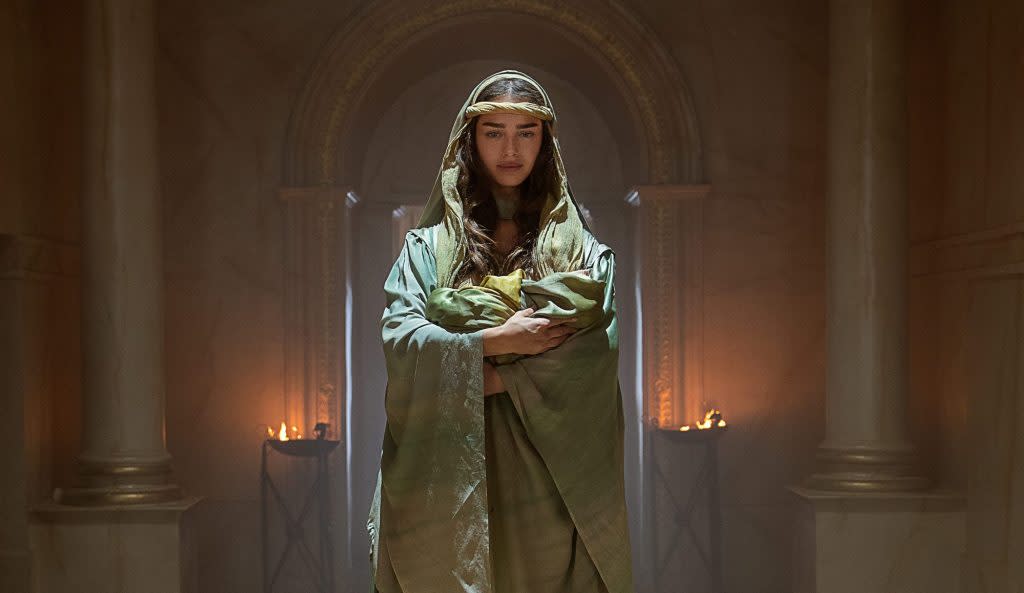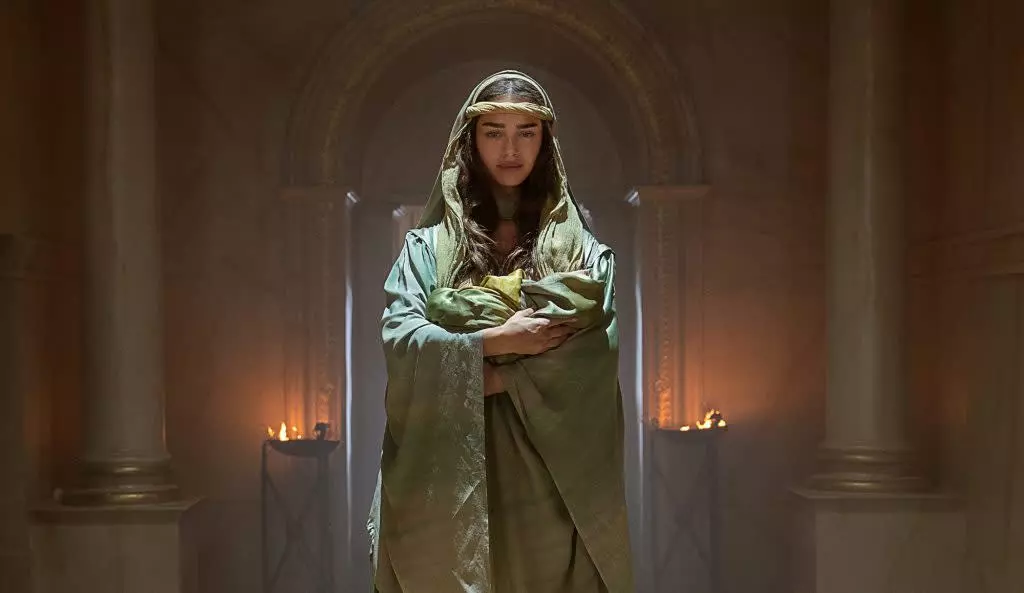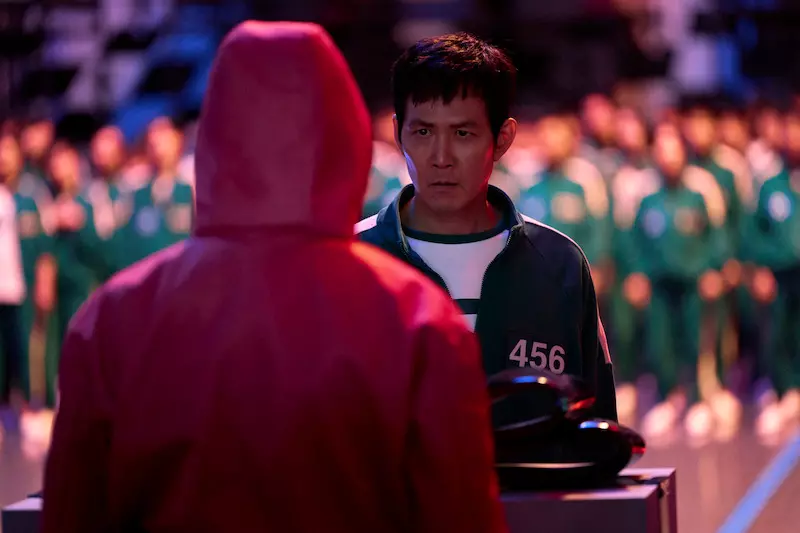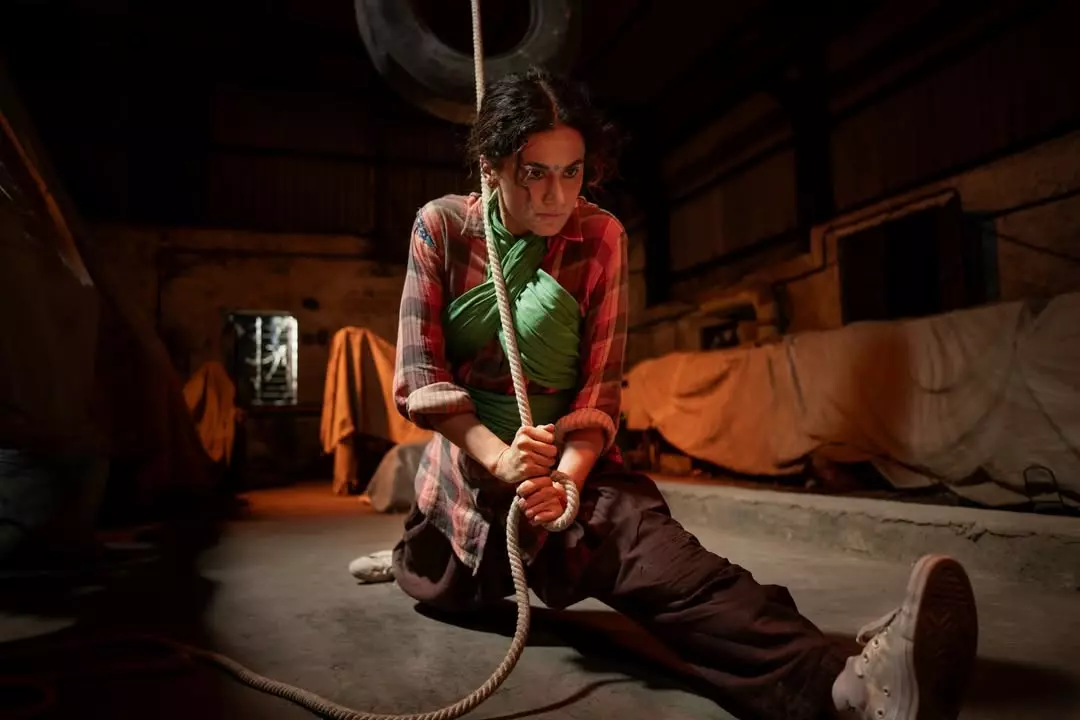Table of Content
Mary, the mother of Jesus, is one of the most revered figures in history, yet her early life is largely shrouded in mystery. While the Bible offers only a few glimpses into her story, Netflix’s Mary seeks to fill in the blanks with a fresh, action-packed narrative.
But how much of this story is truly biblical, and how much is purely fictional?
In this blog, we’ll separate fact from fiction, exploring what’s real about Mary’s life and what’s been added for dramatic effect. If you’ve ever wondered how Netflix’s Mary stacks up against the Bible, keep reading to uncover the truth.
Netflix's Mary seeks to present a fresh, broader narrative of Jesus' mother. Yet audiences have significant doubts regarding what is Biblically truthful or merely fabricated.
Initially launched on December 6, Mary is a (unexpectedly) action-packed, coming-of-age story that traces Mary of Nazareth (Noa Cohen) from her miraculous birth to the birth of Jesus, all while facing the dangers posed by King Herod (Anthony Hopkins) and spiritual powers.

Is Mary on Netflix Based on Facts or Purely Imaginative?
In all fairness, understanding the Biblical character of Mary is consistently a challenge because of her spiritual importance. Nonetheless, in striving to attract everyone (particularly younger) viewers, Mary leans more towards being a fictional piece than a Biblical inspiration.
Although the Nativity events are depicted, they mainly serve as a framework, as Mary begins with a fictional narrative of the archangel Gabriel announcing her birth, and then her parents dedicating her to the Temple in Jerusalem, where she remains until her adolescence.
Since Mary is not referenced in the Bible until after her engagement to Joseph, the first half of the film is purely a work of imagination.
Yet, once Mary depicts the protagonist becoming engaged to Joseph, the film follows the known Biblical sequence of events, starting from Gabriel's visit to Mary, to her residing with her cousin Elizabeth (the mother of John the Baptist), and culminating in Mary and Joseph's quest for lodging in Bethlehem.
All of this occurs in the context of an increasingly suspicious King Herod who is intent on eliminating the foretold Messiah and King of the Jews.
Nonetheless, Mary continues to distinguish itself from its source material by omitting significant Biblical events while incorporating increased tension and excitement.
For example, a mob led by Satan assaults Mary, aiming to stone her; later, after she faints in Bethlehem, Satan almost captures her until Joseph manages to stab him.
In return, Mary omits Joseph's visitation by Gabriel, Elizabeth and John the Baptist's scriptural response to Mary's pregnancy, along with the familiar aspects of the Nativity. Rather than being born in a Bethlehem stable, Jesus comes into the world in what looks like ruins, with a midwife and Mary's mother present instead of animals.
Following an intense and thrilling scene in which Herod's soldiers track down Joseph, Mary, and Jesus, leading to their escape from a fire, the Netflix drama nears its end.
Although the Bible recounts Mary and Joseph's stay in Egypt for a while, Mary omits this in favor of a more dramatic ending where they choose to return to present Jesus at the temple as a gesture of faith. As the three ultimately attended the temple for Jesus' presentation, this scene is largely accurate, and it becomes even more so thanks to the inclusion of Anna the prophetess and Simeon's response.
Also Read: Pushpa 2 Box Office Collection on Day 1, Surpasses Jawan & Baahubali 2

What Mary's Director Stated Regarding the Netflix Film
- Mary is the most remarkable woman to have ever lived, but her narrative is mostly unfamiliar outside of a few sections in the Bible." I set out on this journey — to make a film that showcases her in her most authentic and relatable expression. Upon my initial reading of Tim’s script, I realized it could be the basis for my aim: to depict Mary as a relatable figure, not solely as a saint, but as the young woman we all acknowledge prior to her becoming sanctified."
Given Mary's crucial role and her difficult situation, a clear depiction of her life is a fascinating concept.
Though Noa Cohen's portrayal of Mary is engaging, she is depicted as a saintly figure from the outset. Moreover, the replacement of actual events with imaginary ones, along with contemporary themes and extra melodrama, results in the genuine story of Mary remaining untold.
Although actress Noa Cohen is Jewish, along with several stars in the film, the movie neglects specific historical Jewish contexts and customs. This is regrettable because Mary's culture and identity are essential to comprehending her and her authentic narrative.
Overall, while Netflix's Mary offers an engaging and dramatic retelling of Jesus' mother's life, it diverges significantly from the Biblical narrative with added fictional elements.
Though it presents Mary as a relatable figure, the film ultimately prioritizes entertainment over biblical accuracy, leaving the true story of Mary largely untold.
Also Read: College movies: Legally Blonde, Pitch Perfect, And Many More
.webp)


_1733484594.webp)


_1735214375.webp)








